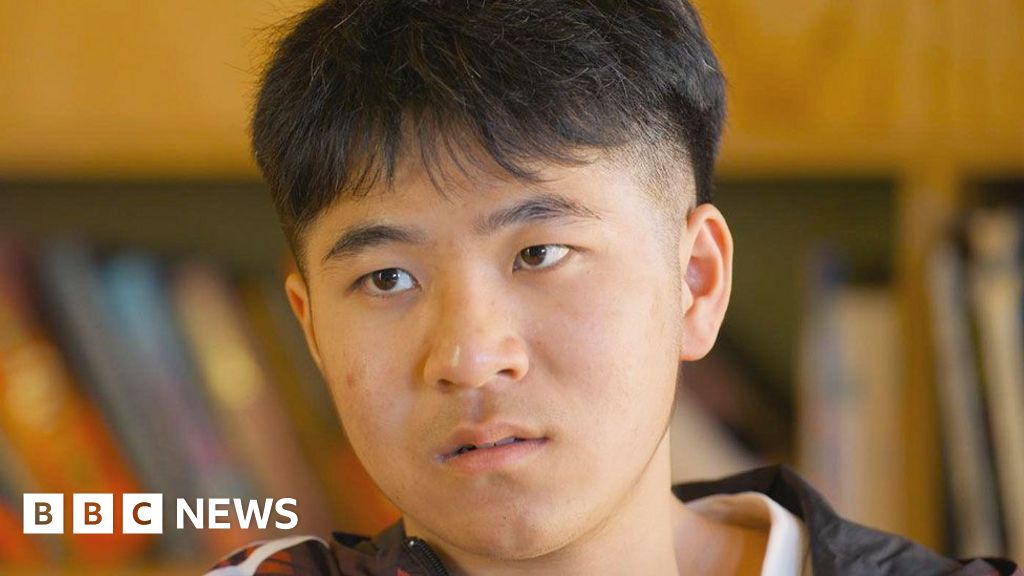- cross-posted to:
- globalnews@lemmy.zip
- news@beehaw.org
- world@quokk.au
- cross-posted to:
- globalnews@lemmy.zip
- news@beehaw.org
- world@quokk.au
When Zhang Junjie was 17 he decided to protest outside his university about rules made by China’s government. Within days he had been admitted to a psychiatric hospital and treated for schizophrenia.
Junjie is one of dozens of people identified by the BBC who were hospitalised after protesting or complaining to the authorities.
Many people we spoke to were given anti-psychotic drugs, and in some cases electroconvulsive therapy (ECT), without their consent.
While there have been reports for decades that hospitalisation is used in China as a way of detaining dissenting citizens without involving the courts, a leading Chinese lawyer has told the BBC that the issue - which legislation sought to resolve - has recently seen a resurgence.
Junjie says he was restrained and beaten by hospital staff before being forced to take medication.
[…]
“The doctors told me I had a very serious mental disease… Then they tied me to a bed. The nurses and doctors repeatedly told me, because of my views on the party and the government, then I must be mentally ill. It was terrifying,” he told the BBC World Service. He was there for 12 days.
[…]
Just over a month after being discharged, Junjie was once again arrested. Defying a fireworks ban at Chinese New Year (a measure brought in to fight air pollution) he had made a video of himself setting them off. Someone uploaded it online and police managed to link it to Junjie.
[…]
He was accused of “picking quarrels and troublemaking” - a charge frequently used to silence criticism of the Chinese government. Junjie says he was forcibly hospitalised again for more than two months.
After being discharged, Junjie was prescribed anti-psychotic drugs. We have seen the prescription - it was for Aripiprazole, used to treat schizophrenia and bipolar disorder.
“Taking the medicine made me feel like my brain was quite a mess,” he says, adding that police would come to his house to check he had taken it.
Fearing a third hospitalisation, Junjie decided to leave China. He told his parents he was returning to university to pack up his room - but, in fact, he fled to New Zealand.
He didn’t say goodbye to family or friends.
[…]



Then you don’t have any evidence that is relevant to the discussion.
Involuntary institutionalization happens, and can and has been wielded maliciously to political ends in the west, of course. However, the whataboutism here is odd and, at best, tangentially related and unsupported.
deleted by creator